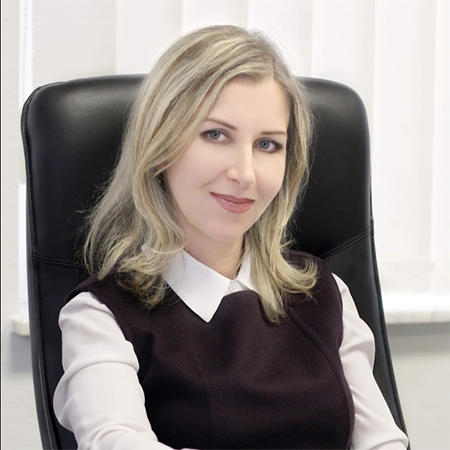Aphasia
Speech involves not only the knowledge of words, but also the ability to recognize them and make sentences. Most of these abilities originate from the left hemisphere of the brain. The effect of a stroke or traumatic brain injury may be a complete/partial loss of speech function. Aphasia is an impaired ability to use words to express thoughts. There are different types of aphasia (the classification is given below).
The following actions may be complicated:
- expression of inner desires,
- understanding the speech of others,
- reading,
- writing.
Patients can experience the following consequences of aphasia::
- they can be worried about their inability to use speech in simple situations,
- they experience difficulties in daily life,
- it is extremely difficult to communicate with others,
- they feel lonely, isolated.
Scientific studies have shown that various processes involved in the development of human speech occur in different parts of the left hemisphere of the brain. For example, the area near the back of the head is responsible for understanding speech. If damaged, a person ceases to perceive the meaning of words when reading and speaking.
To better understand what is happening from the position of the patient, imagine staying in a society where people communicate in a foreign or unfamiliar language. Even assuming that you know some words, it is almost impossible to follow the thoughts of others. The person suffering from aphasia feels something like this.
The patients with problems in apperception (understanding)
- understand that people are talking with them,
- can recognize the intonation of a sentence, such as a question or requirement,
- recognize the meaning of specific words with great difficulty,
- do not understand phrases and sentences.
Types of aphasia
Wernicke's aphasia
It causes severe disorders of apperception due to the loss of understanding of the sound component of speech. The condition manifests itself as follows.
- the patient can pronounce a set of rambling words,
- the patient may not realize that they use the wrong word,
- the patient can pronounce a sentence composed of non-existent words, devoid of any meaning,
- the patient can forget the meaning of words.
Broca's aphasia
Damage to the frontal lobe of the left hemisphere of the brain due to a stroke causes various problems with the formation of sentences and phrases. Broca's aphasia is characterized by the following:
- the patient cannot form a sentence,
- the patient makes grammatical errors, omits prepositions, conjunctions,
- instead of a sentence, the patient often says an incomprehensible set of words,
- the patient has problems with understanding sentences,
- impaired logic of speech.
An example would be "Car…Tree…Boom!” The idea is clear but the construction has significant errors. In some cases, patients say only one word that is somewhat related to their thoughts. Another typical manifestation includes an incorrect interpretation of the speech by others, for example, the patient can confuse the subject and the object of action.
Global aphasia
- it develops due to the significant damage to the brain.
- the patient can not perceive and form sentence,
- incoherent speech,
- communication is almost impossible,
- sometimes one can correctly understand some single words.
What should you remember when speaking with the patient
In order to avoid offending a person suffering from aphasia and also to ensure the most effective communication, it is necessary to understand the following.
- Speech disorders cannot be equated with mental retardation.
- It is a mistake to believe that the patient is stupider than you. For example, a patient can successfully play chess.
- The patient may think clearly, but cannot express their thoughts in words.
- When communicating, a person remembers people, places, the route from home to the store, for example.
Treatment and rehabilitation
A complete elimination of disorders caused by either a stroke or TBI is rarely possible, but the post-stroke rehabilitation program includes measures to restore communication skills. Various methods can to some extent restore the lost functions of the brain and adapt the patient to life under these new conditions.
Here you can also read other articles on this topic:
To receive professional advice on rehabilitation after a stroke
Please call us: +49 228 972 723 72
or write an Email here



